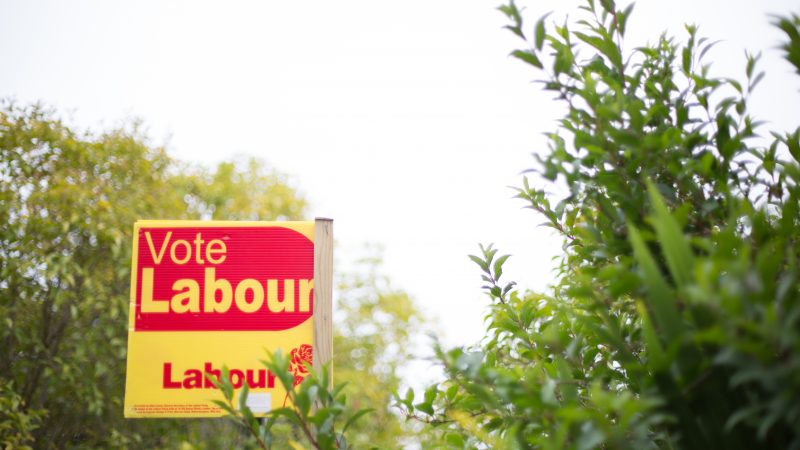
The Labour Party has warned that households in rural areas will be worst affected by rapidly rising energy bills as the opposition accuses the government of allowing taxpayers to “bear the brunt of spiralling costs”.
Publishing analysis today, Labour highlighted that 28% of rural properties were classed as low efficiency in 2019, compared to just 9% of those in suburban areas and 12% in urban areas, and that the average rural efficiency rating was 59 (on a scale from zero to 100) but 66 and 65 in suburban and urban areas respectively.
The party also cited 2020 fuel poverty data, which showed a median fuel costs of £1,583 for rural households compared to £1,267 in semi-rural localities and £1,198 in urban areas, while arguing that Conservative cuts to energy efficiency programmes over the past 12 years have seen home insulation rates “plummet”.
Cavity wall insulation rates fell 97% in 2013 after the coalition government introduced its ‘green deal’ that saw previous energy efficiency programmes, which made the installation free or heavily subsidised, replaced with a loan scheme.
Commenting on the analysis, Labour’s Jim McMahon said: “The Conservatives are allowing taxpayers to bear the brunt of spiralling costs with their buy now, pay later energy scheme – which will do nothing to tackle the bill hikes people in rural communities have been facing every year.”
The Shadow Environment, Food and Rural Affairs Secretary added: “Labour has a plan to save households up to £600 off their energy bills, funded through a one-off windfall tax on oil and gas producers. Labour will also cut bills by making every home warm, energy efficient and cheaper to heat with a programme of home upgrades.”
Living standards are currently falling at the fastest rate since the 1950s. The energy price cap, council tax and National Insurance contributions all rose at the start of April. An estimated 1.3 million people, including 500,000 children, are expected to be pushed into poverty over the next few months.
Labour launched its local elections campaign last month. Keir Starmer criticised the government for what he called a “pathetic” response to the cost-of-living crisis, telling those present at the event in Bury that “Britain deserves better”.
Rishi Sunak used the Spring Statement to announce a fuel duty cut for 12 months, raise the threshold at which workers start paying National Insurance contributions (NICs) by £3,000 a year and announce a 1p reduction in income tax in 2024.
Starmer promised to bring the Labour Party closer to rural and farming communities last year, emphasising that “farming matters to Labour”, in the first speech by a Labour leader to the National Farmers’ Union conference since 2008.
Labour launched its rural England policy review in April last year, outlining a plan to become “the party of the great British countryside” as data revealed that Conservatives cuts would cost rural communities £255m a year.
“Labour’s rural England policy review will ensure that our next manifesto provides as much hope and opportunity to rural communities as it does to those living in towns and cities,” Labour’s Luke Pollard said at the time.




More from LabourList
‘Turning public services around: Haringey’s story of child protection’
‘Can Labour turn the green tide back to red?’
Tom Belger column: ‘Why is Labour making migrant exploitation easier?’